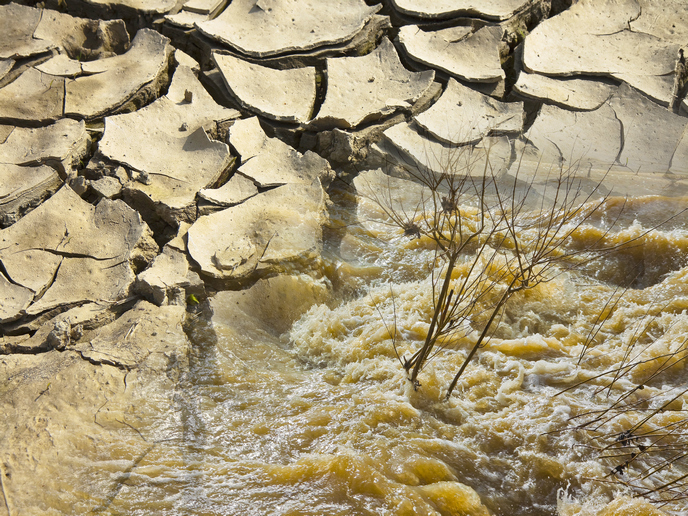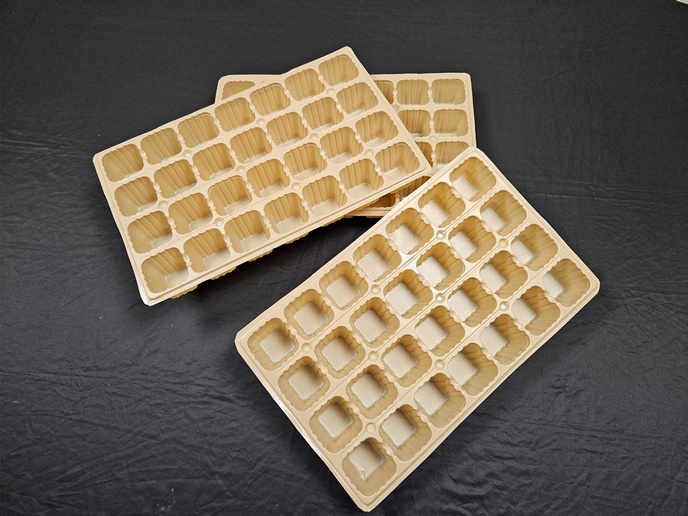Bacteria and soil erosion
A considerable portion of farmland includes sloping ground subject to soil erosion. While careful planting practices can avoid erosion, in many cases the optimal specifics have yet to be determined. The EU-funded project FIXSOIL(opens in new window) (Understanding how plant root traits and soil microbial processes influence soil erodibility) explored how roots and microorganisms affect soil stability. Specifically, the team studied how various crops and forests provide the ecosystem service of soil erosion prevention and maintenance of structure. The research determined the soil fixation function of root systems and microbial communities, and the effect on soil stability. Researchers selected a mixture of natural forest, agroforest and organic farmland in both temperate and Mediterranean regions. The team compared bacterial and fungal DNA extracted from soil samples against public databases so as to identify species. Investigators also assessed soil stability using a standard method, and conducted other physical and chemical soil tests. The purpose was to determine whether soil chemistry or root/microbial properties were more important for soil stability. The study found that land use affected soil aggregate stability, soils near trees had higher stability than open areas, and altitude determined the extent of the effect in subalpine environments. Furthermore, land use and tree proximity were both correlated with microbial diversity, while a climatic gradient affected microbial diversity, while and thus other soil properties. Researchers assessed the relationship between different microbial communities and soil stability. They sterilised soils, then transplanted microbes and grew two species having different types of root systems. Investigators then collected and measured the root traits, soil aggregate stability and soil microbial diversity. Results determined that soil inoculation was useful for managing microbial diversity. Inoculations also improved soil stability in the control test. The procedure made little difference to the presence of soil compounds such as ergosterol and glomalin-related soil proteins. FIXSOIL's discovery of the links between microbial communities and soil stability helped identify more effective soil management strategies. Its findings highlight the importance of the soil biodiversity providing the ecosystem service of soil aggregate stability. The work helps prevent soil erosion while making farms more productive through the use of agroforestry and maintaining soil biodiversity.







